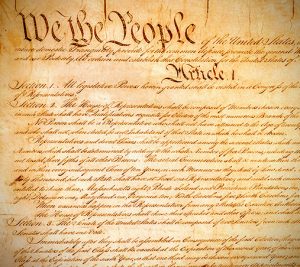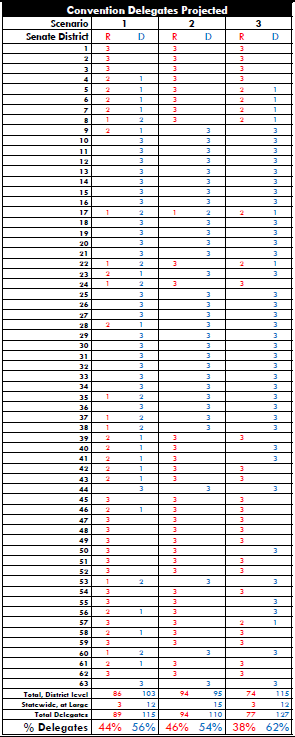 On Monday, October 3rd, the Supreme Court heard oral arguments in Gill v. Whitford, a potentially landmark case concerning partisan gerrymandering in redistricting the Wisconsin state legislature. Partisan gerrymandering, the drawing of legislative district lines to favor one political party over another, has long been commonplace for legislature at all levels of government. The Supreme Court has previously said the practice might be unconstitutional, but has never overturned a districting plan on this basis.
On Monday, October 3rd, the Supreme Court heard oral arguments in Gill v. Whitford, a potentially landmark case concerning partisan gerrymandering in redistricting the Wisconsin state legislature. Partisan gerrymandering, the drawing of legislative district lines to favor one political party over another, has long been commonplace for legislature at all levels of government. The Supreme Court has previously said the practice might be unconstitutional, but has never overturned a districting plan on this basis.
In New York State the redistricting process is done by LATFOR (The Legislative Task Force on Demographic Research and Reapportionment). It is no secret that there is an agreement between the Republican-led State Senate and the Democratic-led Assembly that each house majority does their own redistricting and signs off on the other. This bipartisan gerrymandering has been the practice for a long time; the outcome in Gill v Whitford is therefore very important for New York.







